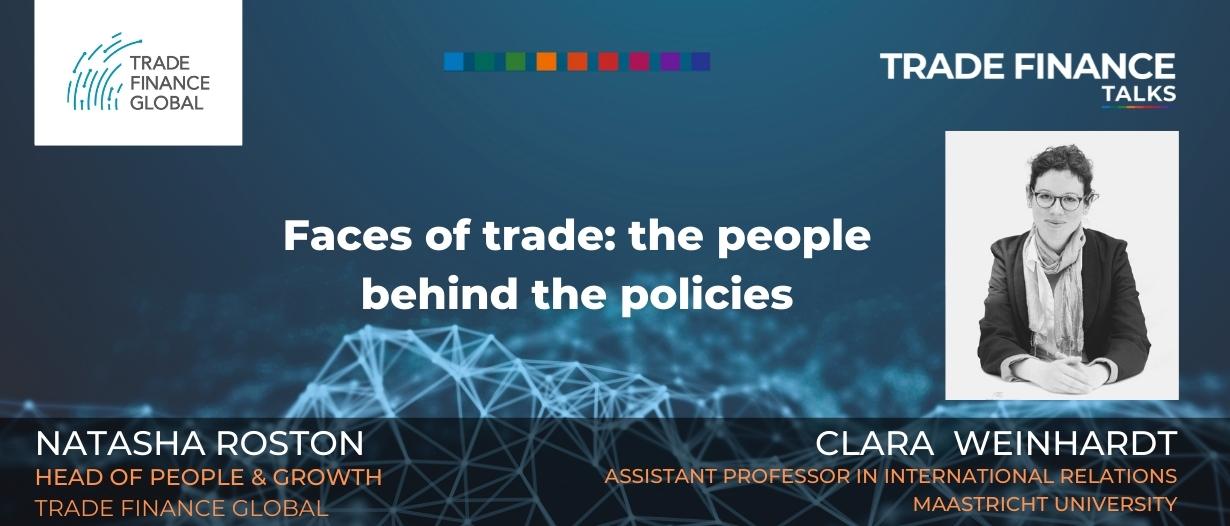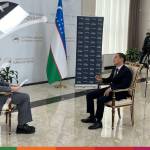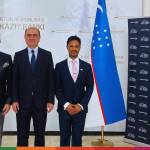Listen to this podcast on Spotify, Apple Podcasts, Podbean, Podtail, ListenNotes, TuneIn
When asked to picture international trade, your mind probably conjures images of massive container ships, warehouses, and freight trains.
Maybe you also thought about trade balances, export statistics, shipping documents, and thousand-page international free trade agreements.
But you probably didn’t think of the countless trade policy professionals––the real people––that work daily to bring these agreements to life.
Trade Finance Global’s (TFG) Natasha Roston spoke to Clara Weinhardt, assistant professor in international relations at Maastricht University, who is hoping to change this mindset, highlighting the human lives behind international trade policy through the Faces of Trade Diplomacy project.
The Faces of Trade Diplomacy project
Weinhardt said, “Faces of Trade is an online gallery combining portraits of trade diplomats with short quotes that capture the person’s perspectives on trade multilateralism and the workings of trade diplomacy.
“The idea is to make their work more relatable because people see it’s actually humans that negotiate these trade agreements.”
The project, which she co-developed alongside photographer Chantelle Gomez, with support from the German Research Foundation, and the Faculty of Arts and Social Sciences at Maastricht University, builds on Weinhardt’s research and longstanding expertise.
“After working on trade policy for many years, I found that when I speak to people outside of the trade bubble, they quickly zone out because they think it’s too technical and doesn’t concern them,” Weinhardt added.
“And I think that’s unfortunate because global trade has an impact that many people are unaware of.
“My hope for this project is to find ways to communicate about global trade that makes the policy-making more relatable to a broader public.”
Weinhardt and Gomez envision bringing the gallery offline with an outdoor exhibition to help reach an even broader audience.
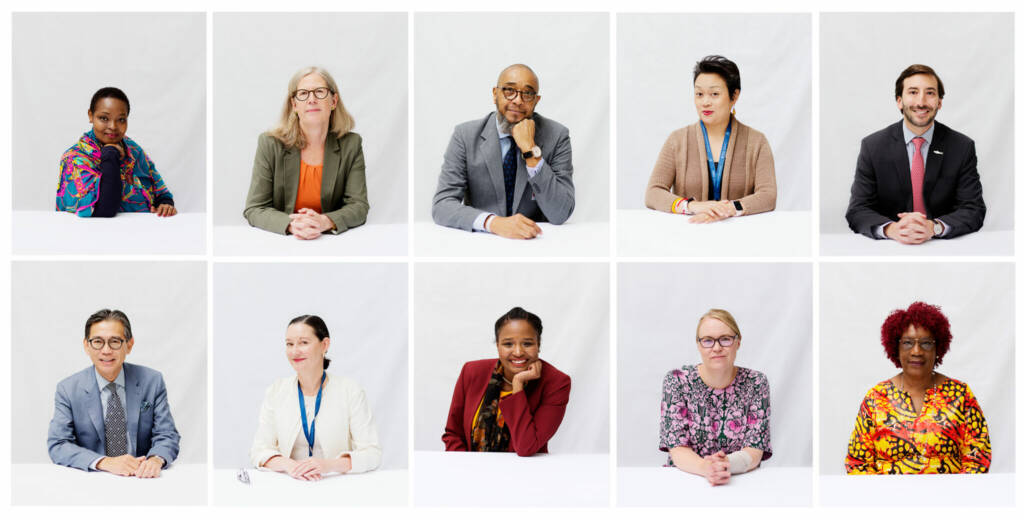
Strengthening communication between businesses and trade diplomats
Since trade diplomacy has wide-ranging implications for individuals and businesses alike, effective communication between those stakeholders and the diplomats negotiating on their behalf is crucial.
Weinhardt said, “I do not doubt that European businesses are very good at making their voices heard in Brussels with the Director General for Trade.
“But if you go to smaller developing countries, the channels between the private sector and the government officials negotiating these agreements may be less open.”
Many countries have seen increasing dialogue and involvement from both the private sector and civil society, but this involvement may not be across the board.
Smaller businesses, for instance, are likely resource-constrained and less able to inform their national government about their interests at stake in trade policy-making in Geneva.
“It’s important also to consider how trade rules shape global inequalities rather than just thinking about how individuals in places that are more marginalised and disadvantaged can do more to engage with global trade policy-making,” Weinhardt said.
Nationalist sentiment is on the rise around the globe
The past several years have also seen an increase in countries placing their own interests before global ones.
Weinhardt said, “The dominant narrative reflects what we have seen in the past years, which is a return of economic nationalism.
“National interests have always been guiding forces in world politics, but we are now seeing an unprecedented crisis for trade multilateralism that runs the risk of becoming self-perpetuating.
“If governments do not believe that trade multilateralism can lead them anywhere, they are not going to put any time, resources, and effort into helping to reinvigorate it.”
This is one area where the Faces of Trade project hopes to provide a different perspective by showcasing the eagerness of diplomats worldwide to make these multilateral trade agreements work.
Weinhardt added, “That’s a narrative that shouldn’t be forgotten, especially when trade multilateralism is perceived to be in crisis.
“If we give up on it, it will not get better.”
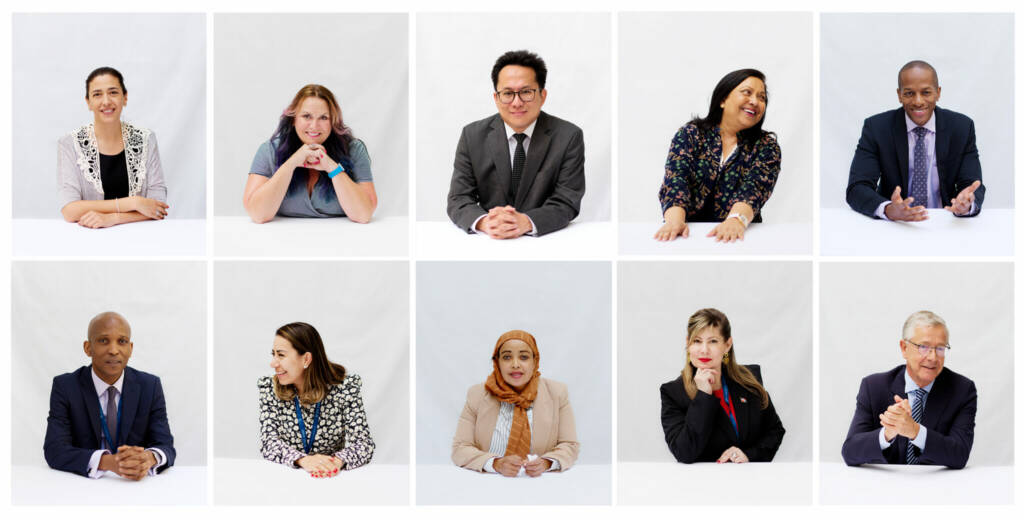
Strategies for improving trade relations
To help alleviate the economic divide and improve relations between the global north and the global south, the WTO has special differential treatment for developing countries.
“This principle tries to acknowledge that some developing members are in a structurally disadvantaged position and need exemptions and flexibilities,” Weinhardt said.
Unfortunately, these exemptions have, in the recent years, become an area of contention during negotiations because it is not always clear which countries should be considered as developing.
“What my research on special differential treatment shows is that it’s such a politicising topic, and it will be challenging to resolve existing conflicts by introducing formal criteria of who counts as a developing country member in the WTO, ” Weinhardt added.
“However, we see change happening on a much more informal basis where larger developing countries voluntarily take on more obligations than smaller developing country members.
“This will be the way forward, but it’s a tricky issue.”















